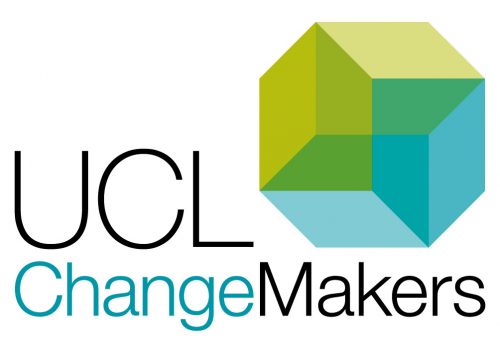THE TEAM
Supervisor Staff – Caroline Garraway
Lead Student – Anqi Tang
Supporting Student – Lena Shaiakhemetova
DEPARTMENT
Anthropology
WHAT HAPPENED?
The “Stronger Foundations” project was initiated to understand why some undergraduate students face significant academic skills-related struggles in their studies, and to offer practical solutions to help alleviate them. Although we had initially proposed to find workshop-based solutions, focus groups suggested that there were many intersecting social factors, some of which were exacerbated by the COVID-related remote studying format which had affected students’ sense of belonging, which in turn had affected their perceived and actual academic competency. The project came up with a series of recommendations/ project ideas to take forward for the next academic year which included activities/initiatives relating to improving study skills, increasing student’s sense of belonging and looking after students’ mental health. These recommendations were discussed in a wider staff/ student group which resulted in agreeing a significant increase in academic skills provision and support for undergraduate students 2022/2023 including: Doubling the number of academic skills tutors; working more closely with transition mentors; having timetabled academic skills sessions for all incoming first year UG & PGT students; increased academic skills tutor office hours; and supervised ‘shut up and write sessions throughout the year. The final part of the funding enabled the project to trial run an end-of-year mug painting social. It was a popular event with over thirty students, where we learned about the types of social activities that students prefer that we can do more of in the future. Overall, I found the most rewarding part of this project to be working in a relatively large group of students and staff. Just knowing that there are so many passionate people who wanted to use their experience to help others was rewarding in itself. Also, every part of our communication was a collective ideation exercise that allowed the voices of many voices in the community to be heard at once.
WHAT ADVICE OR ENCOURAGEMENT WOULD YOU GIVE TO SOMEONE THINKING OF DOING A CHANGEMAKERS PROJECT?
Make sure to communicate your ideas with others as much as possible – not just with people who are directly involved in the project, but also everyone around you. It’s rewarding to bounce ideas off others, and you learn a lot in the process. For me, the most daunting part was anticipating and trying to raise the level of student engagement. The important thing to remember is that there is no perfect solution, and just try things if you think they will work. If they don’t, at least you have tried your best. Sometimes, things turn out better than you can ever expect too!
